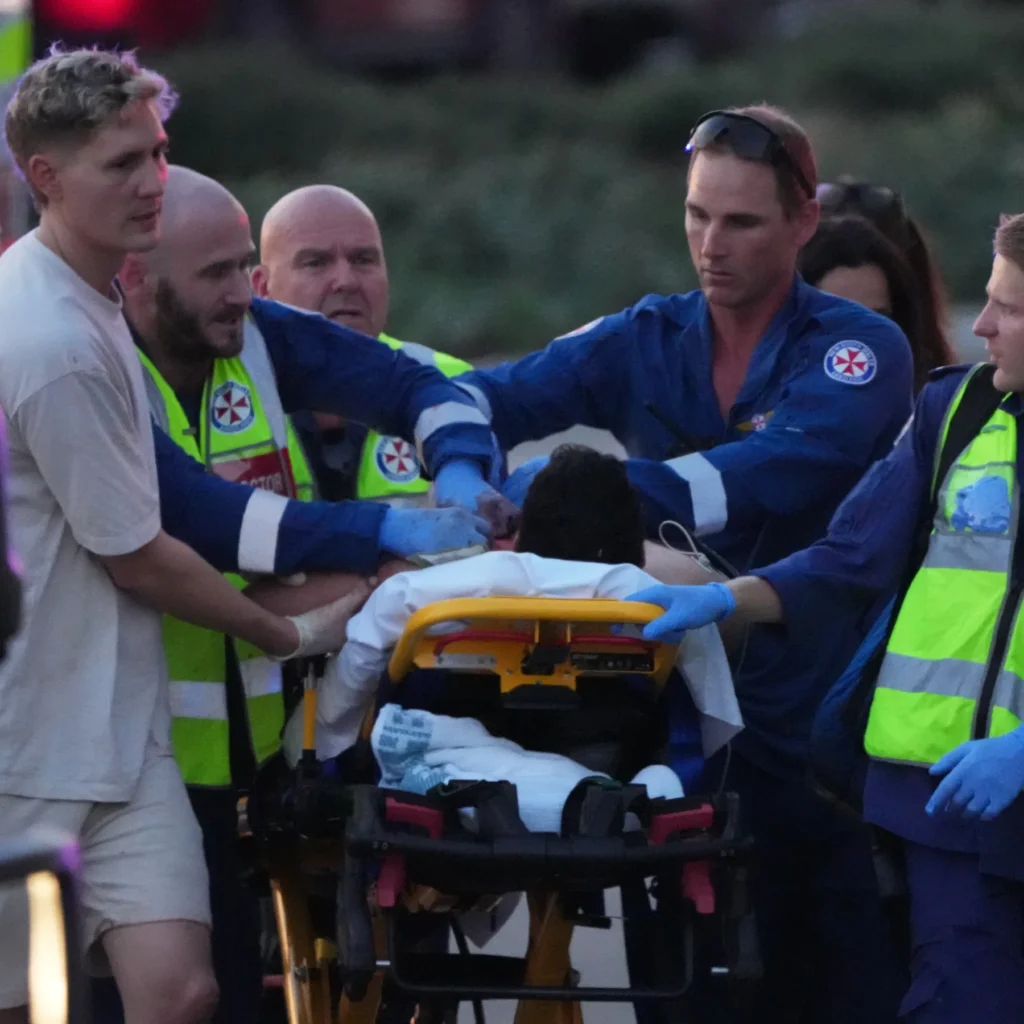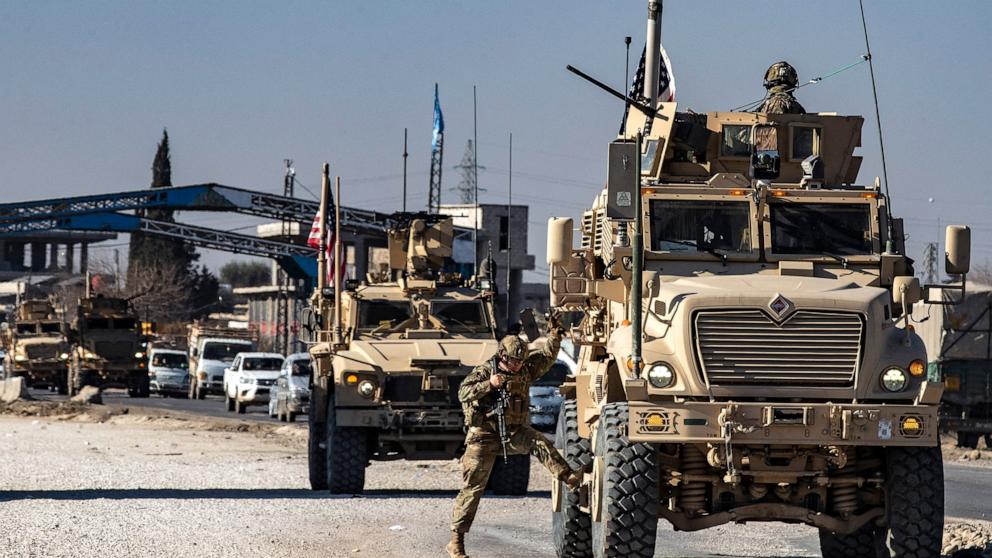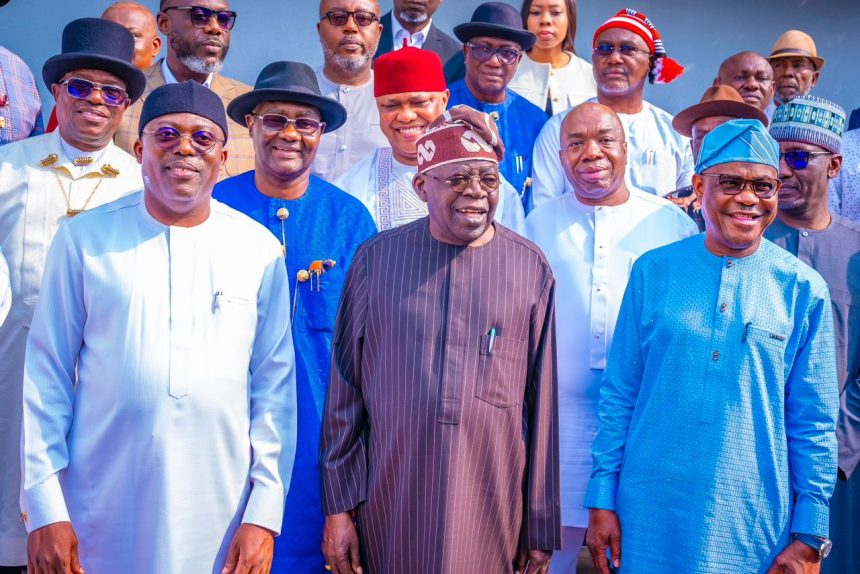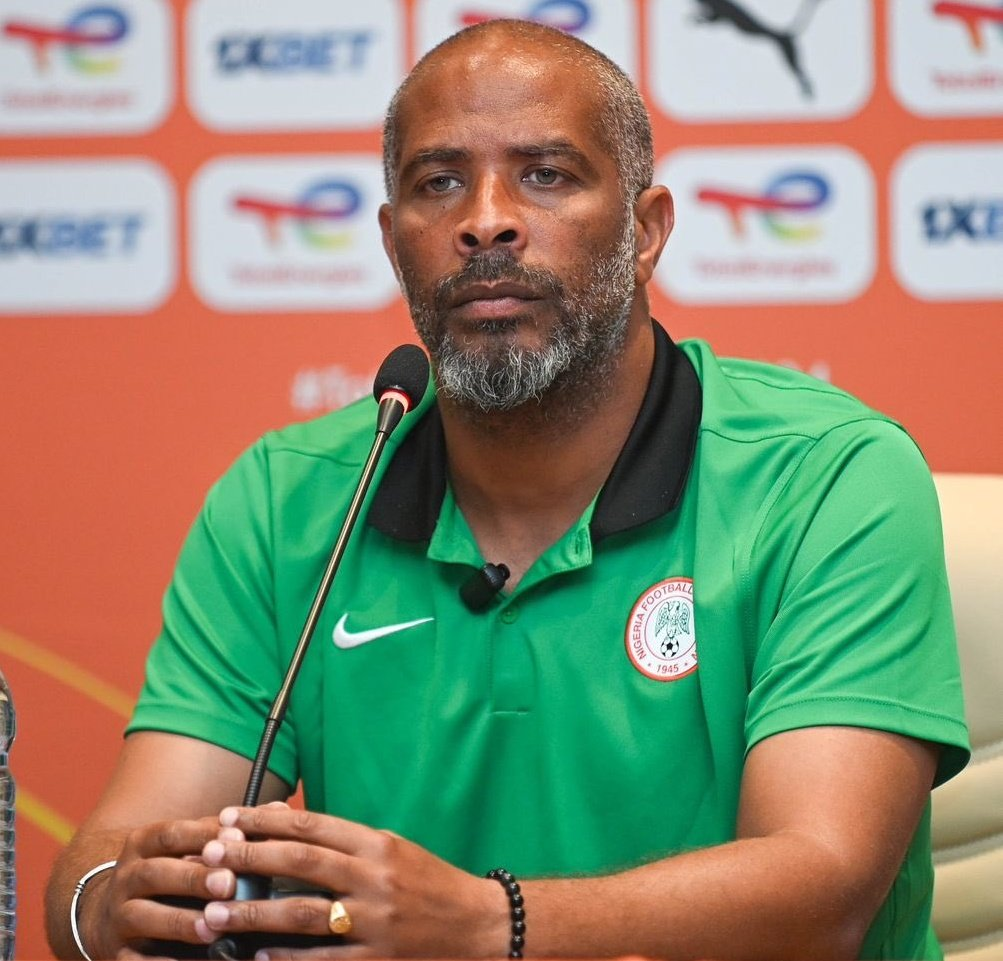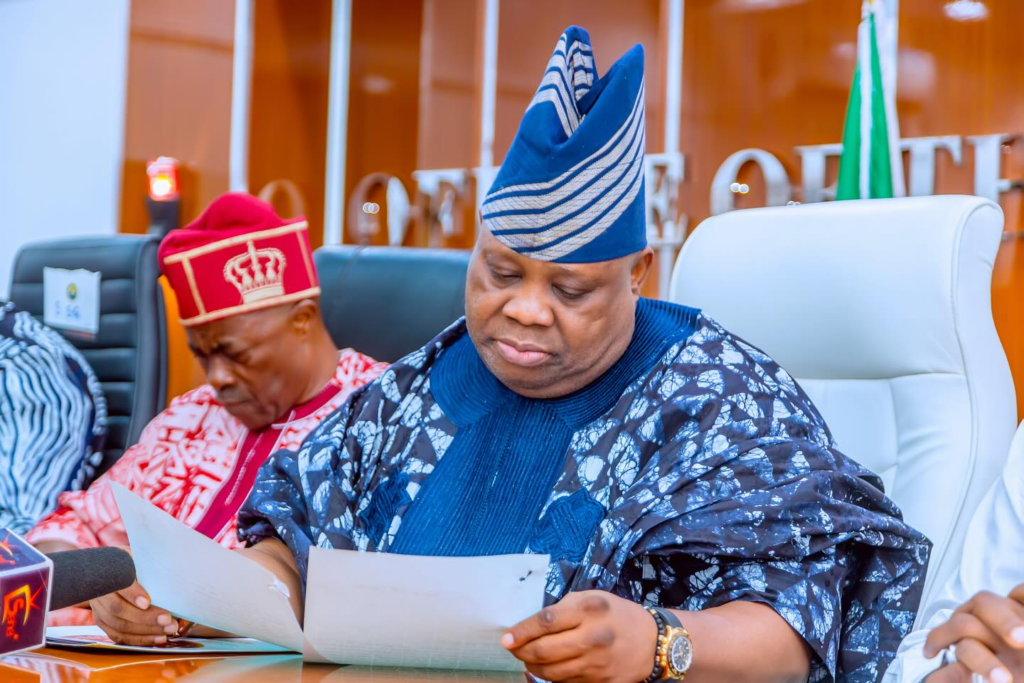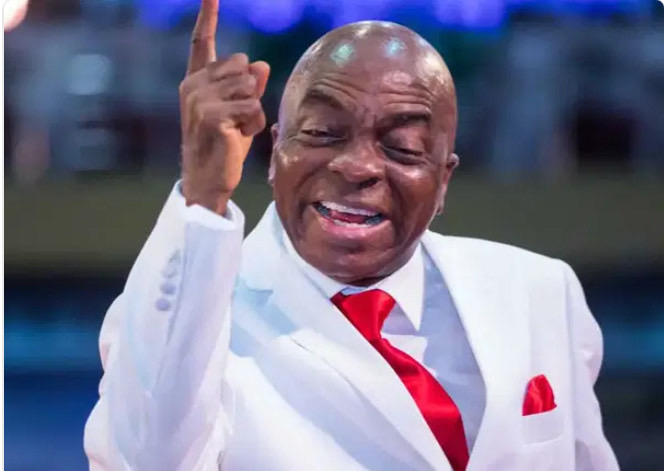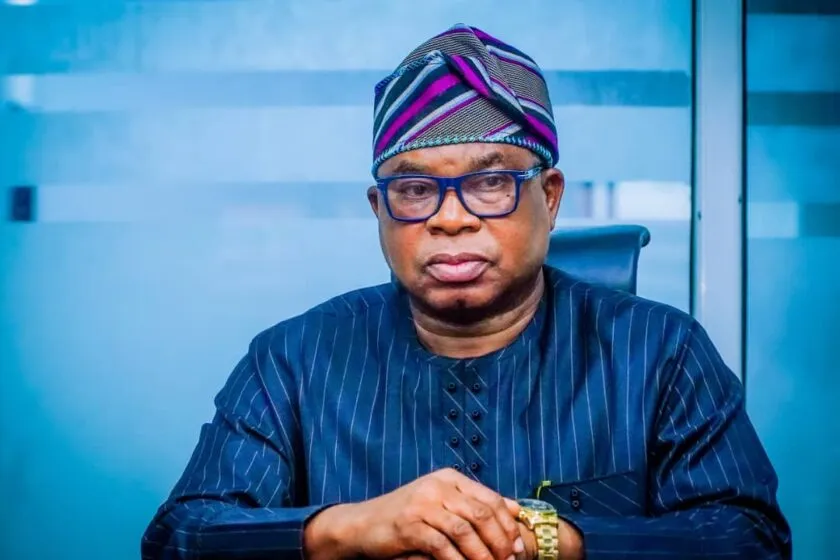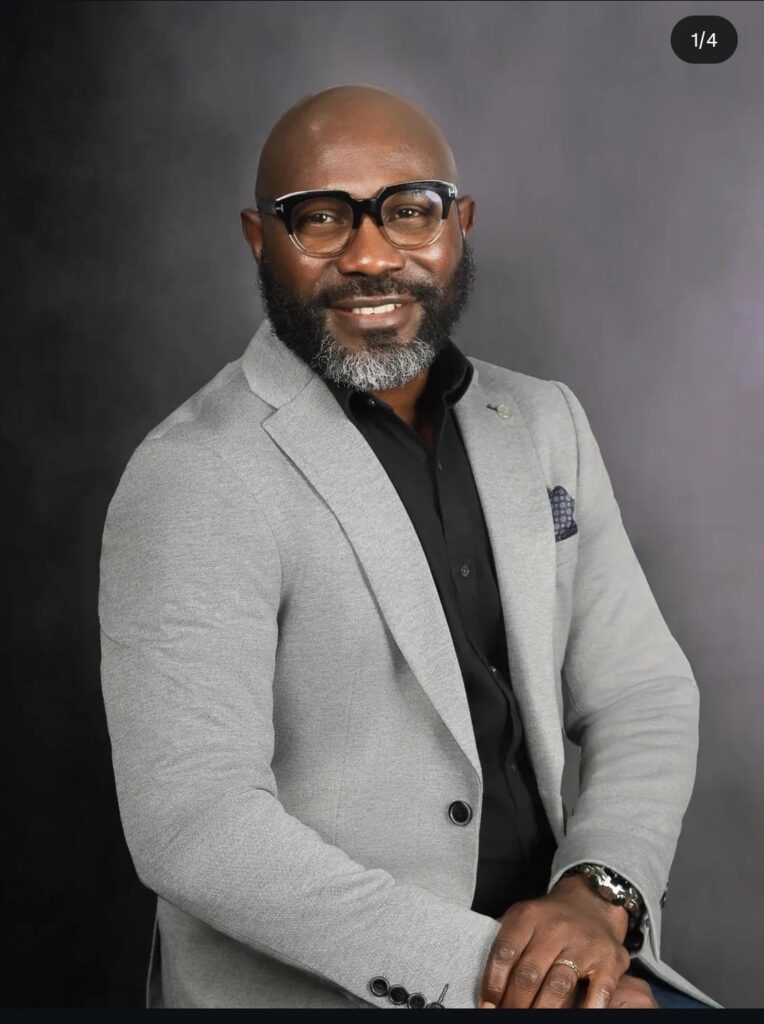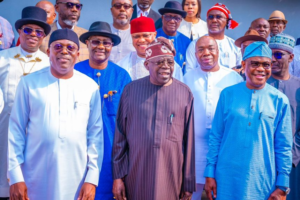As Nigeria marks Democracy Day on June 12, the occasion evokes memories of the 1993 presidential election, widely hailed as the freest and fairest in the nation’s history. Chief Moshood Kashimawo Olawale Abiola’s presumed victory in that election remains a symbol of the people’s will. But this year’s commemoration is clouded by a sobering reality: 25 years after the return to civilian rule in 1999, the promise of democracy remains unfulfilled.
Instead of robust democratic growth, Nigeria grapples with a fragile system plagued by electoral malpractice, creeping authoritarianism, and a slide toward one-party dominance. The fundamental question hangs in the air: are Nigerians truly celebrating democracy or merely clinging to its illusion?
The annulment of the 1993 election by General Ibrahim Babangida’s military regime inflicted a deep wound on Nigeria’s democratic psyche. In a stunning admission earlier this year, Babangida acknowledged Abiola as the rightful winner rekindling debate over the sacrifices made for democracy. Figures like Kudirat Abiola, pro-democracy groups such as NADECO, and leaders like Bola Tinubu played critical roles in the struggle that led to the end of military rule. Yet, nearly three decades on, many Nigerians feel that the ideals they fought for have been betrayed.
Nigeria’s elections remain a chronic weak point. Despite the 2022 Electoral Act, polls continue to be riddled with irregularities, voter suppression, and allegations of rigging. The 2023 presidential election won by President Tinubu was marred by serious credibility issues. Opposition leaders Atiku Abubakar (PDP) and Peter Obi (LP) contested the results in court, citing widespread fraud.
Low voter turnout only 27% of registered voters in 2023 reflects deep-seated public disillusionment. “The lack of internal democracy within political parties, coupled with corruption and impunity, erodes public trust,” said Barrister Olalekan F. Ojo. Faith in the Independent National Electoral Commission (INEC) is waning, and with it, the legitimacy of democratic governance.
While Nigeria is no longer under military rule, its democracy bears disturbing similarities. Freedom of expression is constrained, protests are suppressed, and economic hardship tightens its grip over 60% of Nigerians live in poverty. Political power is monopolized by a recycled elite who routinely switch parties for personal gain. The absence of meaningful alternatives undermines voters’ ability to make genuine choices.
The growing dominance of the All Progressives Congress (APC) raises alarms. High-profile defections from the opposition particularly the PDP have accelerated since Tinubu assumed office. Though Tinubu denies coercing anyone to join, the trend suggests a deliberate consolidation of power.
Legal expert Mike Ozekhome (SAN) warned that Nigeria risks “veering dangerously close to authoritarianism.” If opposition parties continue to lose relevance, the country could slip into de facto one-party rule rendering elections a mere formality.
The opposition’s inability to form a united front further emboldens the ruling party. Divisions within the PDP, Labour Party, and NNPP exacerbated by personal rivalries between figures like Atiku and Obi cripple efforts at coalition-building. Without a credible alternative, the ruling elite tightens its hold, and the democratic process becomes a theater of elite dominance. As one user on X starkly put it: “Let’s stop calling it democracy if the people don’t decide.”
Beyond politics, Nigeria’s democratic failings are evident in everyday life. Corruption persists despite the presence of anti-graft bodies like the EFCC. Security remains elusive as Boko Haram, kidnappers, and bandits wreak havoc. Inflation and unemployment are at crisis levels. These realities reinforce the perception that Nigeria’s democracy is more performative than real.
As the nation pays tribute to Abiola, Kudirat, and countless others who gave their lives for June 12, Nigerians must reckon with the unfinished work of democracy. A credible electoral process, an independent judiciary, institutional accountability, and inclusive governance are not optional they are the bare minimum.
Without urgent reforms, Democracy Day will continue to be a symbolic observance, not a celebration of progress.
On June 12, 2025, the true way to honor Nigeria’s democratic heroes is not through parades or speeches, but by reigniting the spirit of 1993. Not with nostalgia, but with resolve to build a democracy that reflects the will of the people, protects their rights, and delivers on its promises.
Anything less is not democracy. It is a dangerous delusion.


